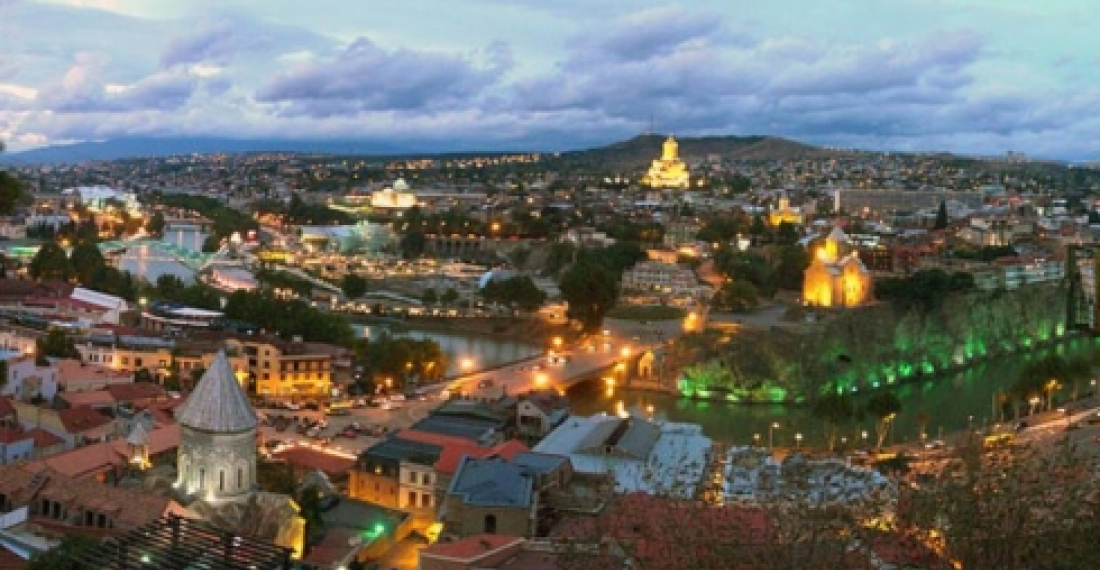What many had started to think was impossible to happen in the Caucasus happened today in Georgia. A President whose term of office ran out bowed out and a new President was elected in an election that was by far the best the region has ever seen. His opponent graciously conceded defeat and congratulated the winner. And the man who made it all possible, and could have had the Presidency if he wanted it, now is also planning to bow out within days and resign as Prime Minister.
For those who have followed Georgia's troubled history over the last two and half decades this day is remarkable. Despite the somewhat low turnout of just over 46% Margvelashvili's victory is convincing enough to enure that he starts in his new job with enough credibility and legitimacy. Georgia's many problems have not gone away this autumn Sunday, but the prospects for the country now look better than ever before in modern times.
source: commonspace.eu.







